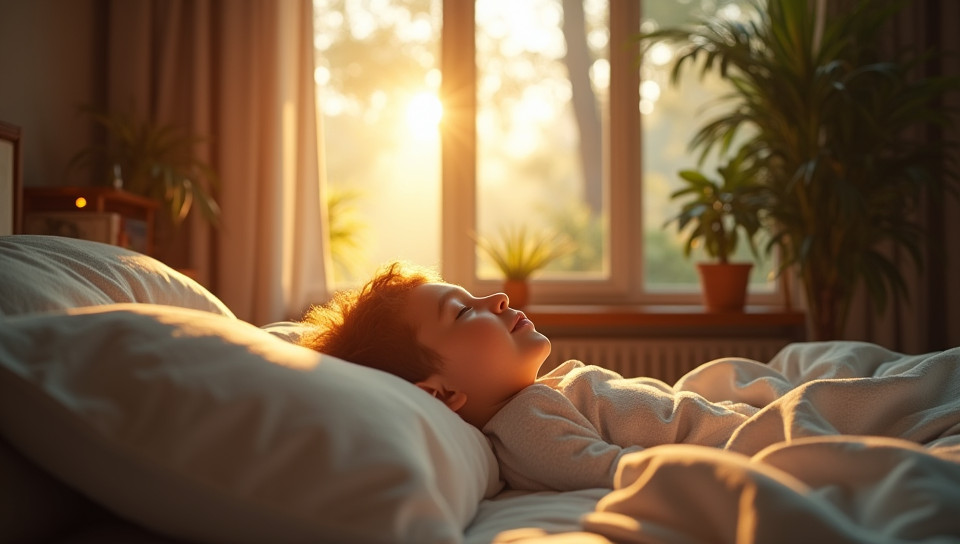Natural light suppresses melatonin release 59%

The Hidden Power of Natural Light
As we navigate our busy lives, it's easy to overlook the profound impact that natural light has on our bodies. But did you know that exposure to natural light can actually suppress the release of melatonin, a hormone that regulates our sleep-wake cycles? In this article, we'll delve into the fascinating world of circadian rhythms and explore how natural light plays a crucial role in regulating our internal clocks.
The Science Behind Melatonin Release
Melatonin is often referred to as the "sleep hormone" because it helps regulate our sleep-wake patterns. Produced by the pineal gland, melatonin levels typically rise in the evening, making us feel drowsy and preparing our bodies for rest. However, natural light has a profound effect on melatonin release.
How Natural Light Suppresses Melatonin Release
When we're exposed to natural light, particularly in the morning, it sends a signal to the brain that it's time to be awake and alert. This triggers a response that suppresses melatonin production, making us feel more energized and focused throughout the day.
- Decreased exposure to artificial lighting
- Morning sunlight exposure
- Increased physical activity during the day
- Exposure to bright natural light in the evening (though this can interfere with sleep)
The Impact on Our Daily Routines
Understanding how natural light affects melatonin release has significant implications for our daily routines. By incorporating more natural light into our lives, we can:
- Improve our mood and energy levels
- Enhance our cognitive function and productivity
- Support a healthy sleep-wake cycle
- Reduce the risk of seasonal affective disorder (SAD) and other circadian-related disorders
Conclusion
Natural light is a powerful tool that plays a crucial role in regulating our internal clocks. By harnessing its power, we can improve our overall health and well-being. So next time you're feeling sluggish or struggling to fall asleep, try opening your curtains or taking a short walk outside during the day. Your body – and mind – will thank you!
- Created by: Marcia Santos
- Created at: Oct. 13, 2024, 8:19 p.m.
- ID: 12497









